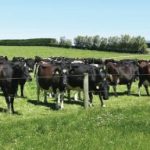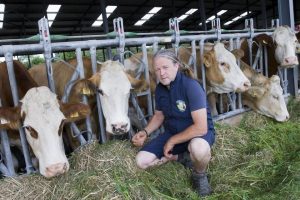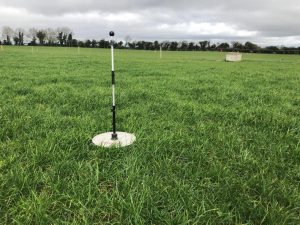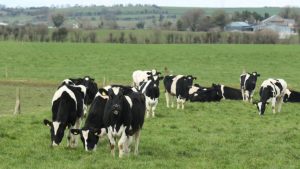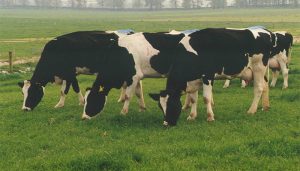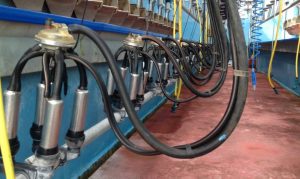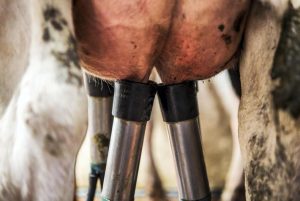
It might be a very British exercise, but Brexit seems to be seeping into virtually every area of Irish life. The United Kingdom’s exit from the European Union was always going to cause problems for Northern Ireland, the peace process, the Border region, trade, the economy, jobs and household incomes.
But now you can add property prices to that already extensive list. According to Dr Kieran McQuinn of the Economic and Social Research Institute (ESRI), Brexit could have contrasting consequences for house values in different parts of the Republic.
In areas heavily dependent on agriculture, food processing and tourism, the industries likely to suffer most from Brexit, Dr McQuinn says the housing market could be “adversely affected” which means that demand, and thus prices, will fall.
Conversely, demand, and thus prices, could rise in Dublin as more people move to the capital to work as overseas businesses choose to locate in the capital rather than the UK. Dr McQuinn’s remarks to the Oireachtas Budgetary Oversight Committee on Wednesday indicated that Cork and Limerick cities might benefit in some way from this as well.
Negative impact
While the potential fringe benefit of companies moving here instead of the UK after its departure is well documented, the ESRI’s Dr Adele Bergin told the same committee that this would not cancel out Brexit’s negative impact.
That will be felt mostly on trade between the two countries, which will face a host of new challenges, including shifting currency differences, the possible imposition of tariffs and customs barriers. These will conspire to make goods more expensive, closing off markets.
Nowhere is this better illustrated than Dairygold Co-op chief executive Jim Woulfe’s dire warning about the consequences of a hard Brexit for his farmer-owned business.
He believes that this eventuality would add €50 million in costs to its UK cheese exports, translating into a 50 per cent price increase for consumers, wiping out a business that amounts to one fifth of dairy sales. So, from Irish people’s homes to their jobs, it appears nothing escapes the fallout from a very British exercise.


